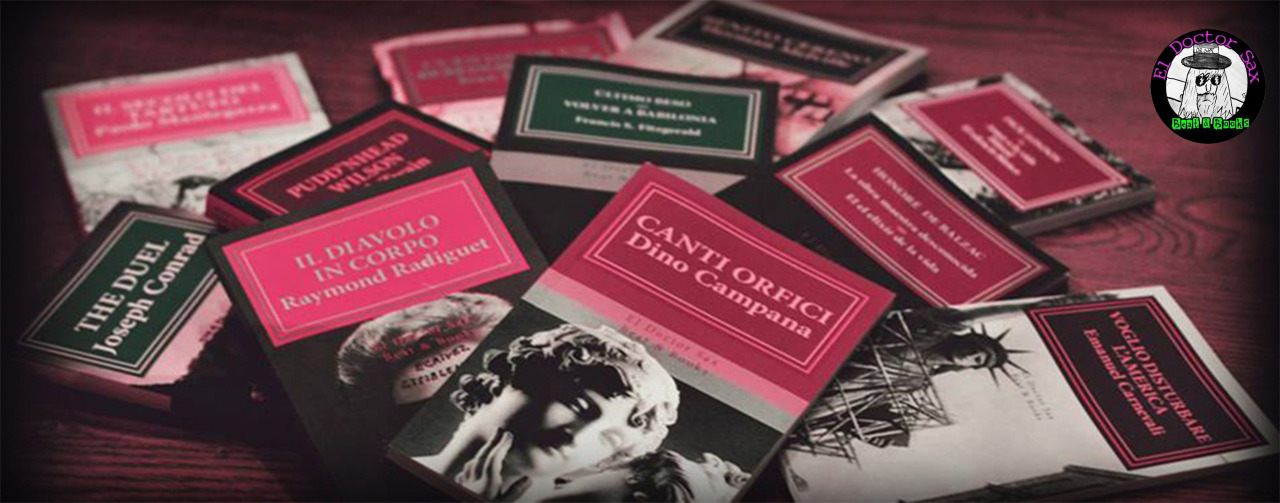"¡Amar, sentirse joven y lleno de amor, sentir la naturaleza y sus armonías palpitando en uno mismo, tener necesidad de esta fantasía, de esta acción del corazón y sentirse dichoso de ello! ¡Ah!, ¡los primeros latidos del corazón del hombre, sus primeras palpitaciones de amor!, ¡qué dulces y extrañas son! Y más tarde, ¡cuan necias y tontamente ridículas parecen! ¡Asombroso! En este insomnio, la pena y la alegría son inseparables."
Gustave Flaubert nació el 12 de diciembre de 1821 en Rouen, Normandía (Francia). Empezó estudiando Derecho, carrera que abandonó en el año 1844 debido a desequilibrios nerviosos y a la epilepsia. Esta inestabilidad psicológica, que le llevaba a ser tan tímido como neurótico, ocasionó que la mayor parte de su existencia se redujese a la permanencia en reposo en el hogar familiar, sito en la localidad de Croisset, en el campo, y en donde Gustave escribió sus obras más conocidas. A pesar de esta vida hogareña obligada, Flaubert viajó por varios países entre los años 1849 y 1851, entre ellos Egipto, Siria, Turquía o Italia y cultivó múltiples amistades literarias, manteniendo relaciones con George Sand, Emile Zola y Alphonse Daudet.Falleció a causa de una hemorragia cerebral el 8 de mayo de 1880.























